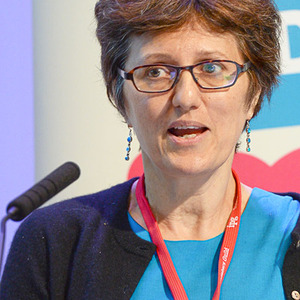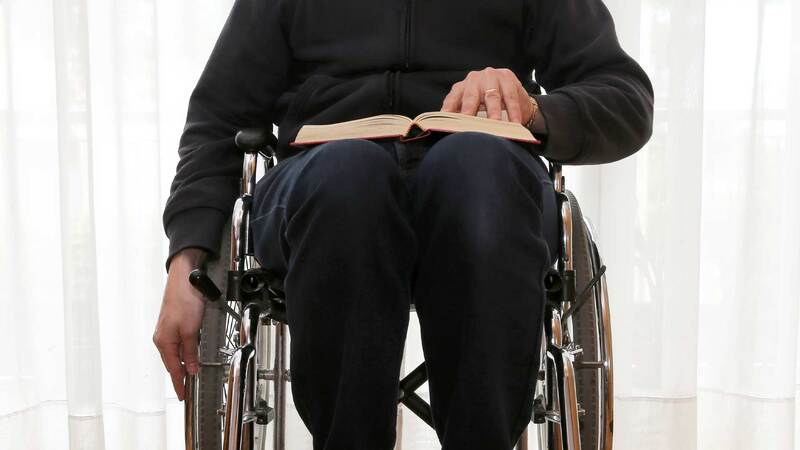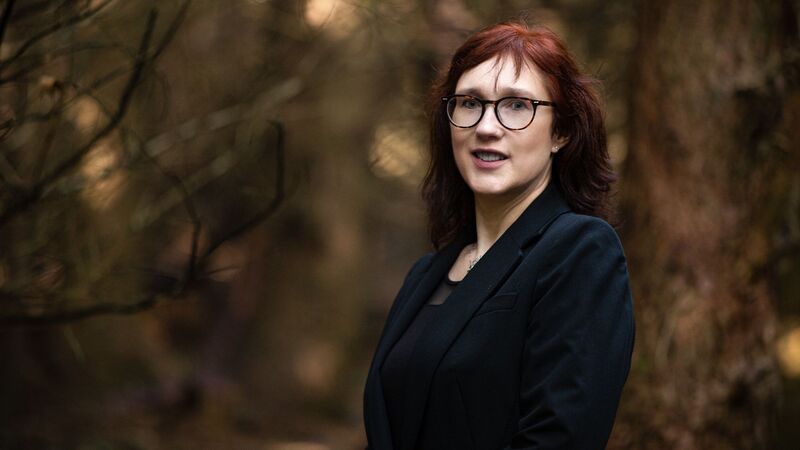You are viewing your 1 free article this month. Login to read more articles.
Living by the pen
Authors are not well paid for their work. I cannot say it often enough. While some authors do very well, the majority do not. Studies from the Authors’ Licensing & Collecting Society (ALCS) showed median earnings for full-time authors were down 42% between 2005–18. The Society of Authors’ (SoA) Authors in the Health Crisis surveys, which give a detailed picture of authors’ income and how it has been affected by the pandemic, show further decline. Our first poll of 2021 brings the number of survey responses to 2,475 since spring 2020; 57% of authors reported that they had seen a decline in income over the past financial year (2020/21). Just one in four authors reported that their income had remained stable (17%) or improved (9%), with a further 17% telling us that it was still too early to tell, as they awaited royalty statements for the final quarter of last year.
Evidence for concern does not only lie in the statistics. We know from our members that the pandemic has worsened an already difficult situation. Government financial support for authors has been sorely lacking, with only 28% of authors having successfully applied for both rounds of the Self-Employment Income Support Scheme (SEISS) and 96% of respondents ineligible for both furlough and Universal Credit payments. Appearances and school visits, vital for authors’ income, have dried up and are unlikely to resume before the autumn at the earliest—and the closure of bookshops has driven sales of high-profile books at the expense of range.
As The Bookseller reported recently, our hardship fund, the Authors’ Contingency Fund, has received more than 1,500 applications since the start of last year, and has paid out more than £1.5m in over 1,000 grants (averaging around £1,400), due to the generosity of individual authors and larger donors. We see a desperate and continuing need for support from authors, illustrators, translators, scriptwriters, poets, comedians and others. We welcome more donations to the fund, but it alone cannot solve the long-term issues around the precariousness of the profession of writing. We all want to create a more inclusive industry, attracting a range of writers with diverse backgrounds and life experiences, but we cannot hope to do this while rewards remain so unequally distributed, with the chances of making a lucrative career about as predictable and frequent as a lottery win.
How can we create real change? We believe that publishers should look at their models and ensure that money and resources go to a wider range of authors—and particularly into supporting midlist and backlist instead of paying huge advances, which often do not earn out, for celebrity works. We know what authors report as their median income: it would be fascinating if publishers would consider the median level of royalties they pay to authors on their lists, and whether that amounts to a living wage.
And we need fair terms and transparent contracts, as called for in our Creator campaign (societyofauthors.org/Where-We-Stand/C-R-E-A-T-O-R-Campaign-for-Fair-Contracts), to ensure that authors know what they are being offered and receive a decent share of the reward for the vast risk they take in the time invested in writing. The SoA remains concerned about the government’s refusal to opt into (or seek to align with) the Copyright Directive being implemented by EU27 member states next month. If transposed into UK law, the directive would mean far greater transparency in the creator-publisher relationship and would grant authors proper accounting, rights to reversion of works that are no longer selling, and a “bestseller” renegotiation right if their work proves more profitable than first thought.
Across the board
We continue to work together with publishers for policy changes that will make a real difference to creators, described in our Six-Point Plan for Authors and the All-Party Writers’ Group’s report of 11th May, Supporting Writers Through the Covid-19 Crisis. We ask the government to close loopholes in the SEISS and compensate ineligible authors. Beyond the pandemic, with the Publishers Association and the Association of Authors’ Agents, we are lobbying to avoid international copyright exhaustion, which could see a slew of cheap overseas books arriving in the UK, further undercutting authors’ income. Other demands include increasing the UK’s £6.6m Public Lending Right to match Germany’s £12m fund, and improving funding for public libraries, scrapping VAT on audiobooks, establishing a dedicated Learning Resource Fund for schools, giving educational writers more opportunities and greater licence to improve learning materials for our children, and improving funding for Higher Education students. We also call on the government to establish a Creators’ Council between ministers and creators to enable authors’ voices to be heard and directly shape policymaking in the post-Covid world.
Our industry depends on quality writing: let’s ensure we work together to create the conditions where it can thrive, and where talented and creative individuals from any background can feel confident to become professional writers in the knowledge that they can make a living.
Nicola Solomon is the chief executive of the Society of Authors



















